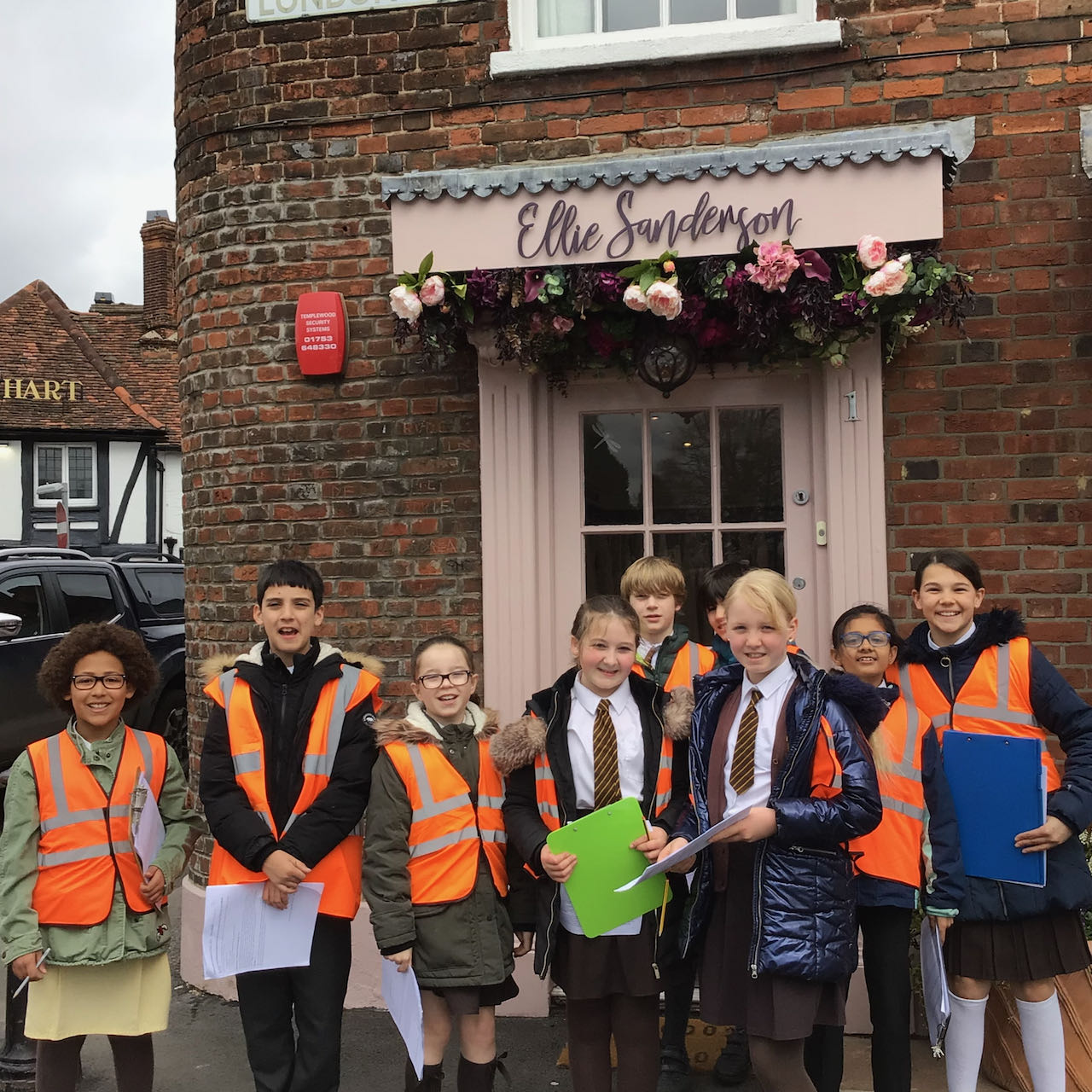Geography

Geography plays a crucial role in understanding our world. It makes a vital contribution to our knowledge of the rapidly changing environmental and social challenges facing us and how we should tackle them.
(Royal Geographical Society, 2019 www.rgs.org/geography)
Geography fires young people's curiosity about the world around them and their place within it. (Innovating with Geography website, QCA 2006).
It continues to be a valued part of the curriculum at St. Mary & All Saints C.E. Primary School.
Curriculum Intent
A high-quality geography education should inspire in pupils a curiosity and fascination about the world and its people that will remain with them for the rest of their lives. Teaching should equip pupils with knowledge about diverse places, people, resources and natural and human environments, together with a deep understanding of the Earth’s key physical and human processes. As pupils progress, their growing knowledge about the world should help them to deepen their understanding of the interaction between physical and human processes, and of the formation and use of landscapes and environments. Geographical knowledge, understanding and skills provide the framework and approaches that explain how the Earth’s features at different scales are shaped, interconnected and change over time.
(National Curriculum in England: Geography Programmes of Study, 11 September 2013)
At St. Mary and All Saints CE Primary School, we aim to ensure that all pupils develop contextual knowledge of the location of globally significant places – both terrestrial and marine – including their defining physical and human characteristics and how these provide a geographical context for understanding the actions of processes. We want them to understand the processes that give rise to key physical and human geographical features of the world, how these are interdependent and how they bring about spatial variation and change over time. As they journey through the school, they will become are competent in the geographical skills needed to:
- collect, analyse and communicate with a range of data gathered through experiences of fieldwork that deepens their understanding of geographical processes.
- interpret a range of sources of geographical information, including maps, diagrams, globes, aerial photographs and Geographical Information Systems (GIS)
- communicate geographical information in a variety of ways, including through maps, numerical and quantitative skills and writing at length
As a curriculum subject that is able to bridge both the social and natural sciences, we aim that studying Geography informs our pupils about:
- The places and communities in which we live and work
- Our natural environments and the pressures they face
- The interconnectedness of the world and our communities within it
- How and why the world is changing, both globally and locally
- How our individual and societal actions contribute to those changes
- The choices that exist in managing our world for the future
- The importance of location in business and decision-making
As well as being a worthwhile educational experience in its own right, we believe Geography provides an excellent vehicle to enrich the wider curriculum by giving children a real context for their learning. Geography is well-placed to make a significant contribution to the curriculum priorities of English, Mathematics and Science as well as wider aspects of the school curriculum including, but not limited to: History, Religious Education and Computing.
The distinctive characteristics of geography allow it to contribute to the wider curriculum by providing children with opportunities to:
- Develop and extend their investigative and problem-solving skills, including skills in number and computing, inside and outside the classroom
- Participate in a range of independent and collaborative learning experiences that extend their personal, social and study skills
- Gain experiences that help them make connections between themselves, their communities and the wider world
- Develop awareness and understanding of a range of peoples and cultures, and a respect for many different attitudes, views and beliefs
- Recognise the need for a just and equitable society, and their own role in making this possible
- Explore issues of environmental change and sustainable development, and develop the skills and attitudes necessary for active involvement as citizens.
